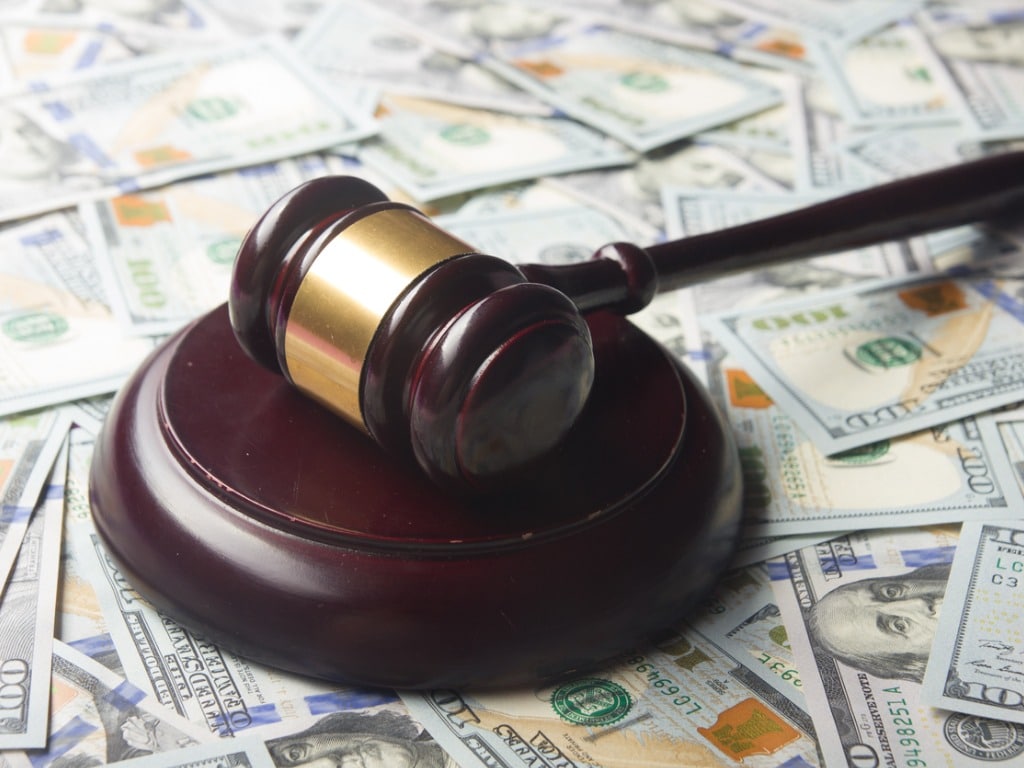In two False Claims Act settlements that were announced the week of April 18, two separate qui tam whistleblowers received whistleblower awards. One case stemmed from the healthcare field, while the other centered around a fraudulently obtained Paycheck Protection Program (PPP) loan.
The qui tam provisions of the False Claims Act enable private citizens to file lawsuits on behalf of the government if they know of an individual or company defrauding the government. Qui tam whistleblowers are eligible to receive between 15 and 30% of the government’s recovery, if one occurs.
Springbok Health Inc.
On April 18, the U.S. Department of Justice (DOJ) announced that a settlement had been reached with Springbok Health Inc. and its owner and Chief Executive Officer Mark Jankelow. A “medical clinic with locations in Colorado Springs and Pueblo West, Colorado,” Springbok provides “substance abuse treatment services” to patients, according to the settlement agreement.
Springbok will pay “at least $125,000 and up to as much as $335,494” to resolve allegations that they billed “Medicare and Medicaid for high-complexity and prolonged medical evaluation and management services when such services were not rendered,” according to the press release.
The government alleged that between 2017 and 2019, Springbok and Jankelow “billed Medicare and Medicaid for expensive medical evaluation and management services when, at most, less expensive counseling services were provided.”
According to the press release, the settlement resolves allegations brought in a qui tam lawsuit. The whistleblower in this case “will receive at least $22,500, and up to as much as $60,389” of the settlement.
“Billing Medicare and Medicaid for more expensive services than were actually rendered depletes the limited resources of these vital health care programs,” said Principal Deputy Assistant Attorney General Brian M. Boynton, head of the Department of Justice’s Civil Division, in the press release. “We will continue to safeguard taxpayer dollars and hold accountable those who knowingly misuse such funds.”
U.S. Attorney Cole Finegan for the District of Colorado noted in the press release the importance of substance abuse treatment. “Providing substance abuse treatment is a vital tool in combating the opioid epidemic devastating Colorado communities…But offering treatment to addicts does not excuse fraud. Our office will continue to pursue claims against providers whose fraudulent billing practices take valuable resources away from victims of the opioid crisis.”
Daniel Markus Inc.
The DOJ announced on April 21 that Daniel Markus Inc., an operator of pawn shops in New Jersey, and its owner Margarita Risis, will pay civil penalties totaling $50,000 to settle allegations that they violated the False Claims Act. According to the press release, the company allegedly received “a second, duplicative PPP loan in 2020.” The PPP was created in 2020 as part of the government’s response to the COVID-19 pandemic: the loans aimed to help small businesses keep employees on the payroll and pay “other business expenses.”
The settlement resolves allegations that J. Bryan Quesenberry brought under the qui tam provisions of the False Claims Act. Quesenberry will receive $3,500 for his role in the case.
“This resolution demonstrates that the department will identify those who took advantage of relief packages meant to help the American people and will take steps to recover ill-gotten funds whenever possible,” said Associate Deputy Attorney General Kevin A. Chambers, the department’s Director of COVID-19 Fraud Enforcement, in the press release.
The False Claims Act in 2021
As exemplified in these two cases, whistleblowers are essential in rooting out fraud in a variety of spheres. The DOJ’s data from Fiscal Year 2021 about the False Claims Act described healthcare fraud as “once again the leading source of the department’s False Claims Act settlements and judgements.” Additionally, the DOJ dubbed fraud related to COVID-19 relief programs as another area of focus since the pandemic began.
However, in Fiscal Year 2021, “the DOJ only paid out $237 million to whistleblowers, the lowest single-year total since FY 2008,” WNN reports. Whistleblower attorney Stephen M. Kohn said that the FY 2021 totals “reflect a troubling trend in recent years…The DOJ has begun to treat whistleblowers like second-class citizens. It routinely throws out strong whistleblower cases without just cause. While the SEC and CFTC are making great strides forward with their whistleblower programs, the Justice Department is in reverse.” Read the full article about the False Claims Act in FY 2021 here.
Read the Springbok Health Inc. press release here.
